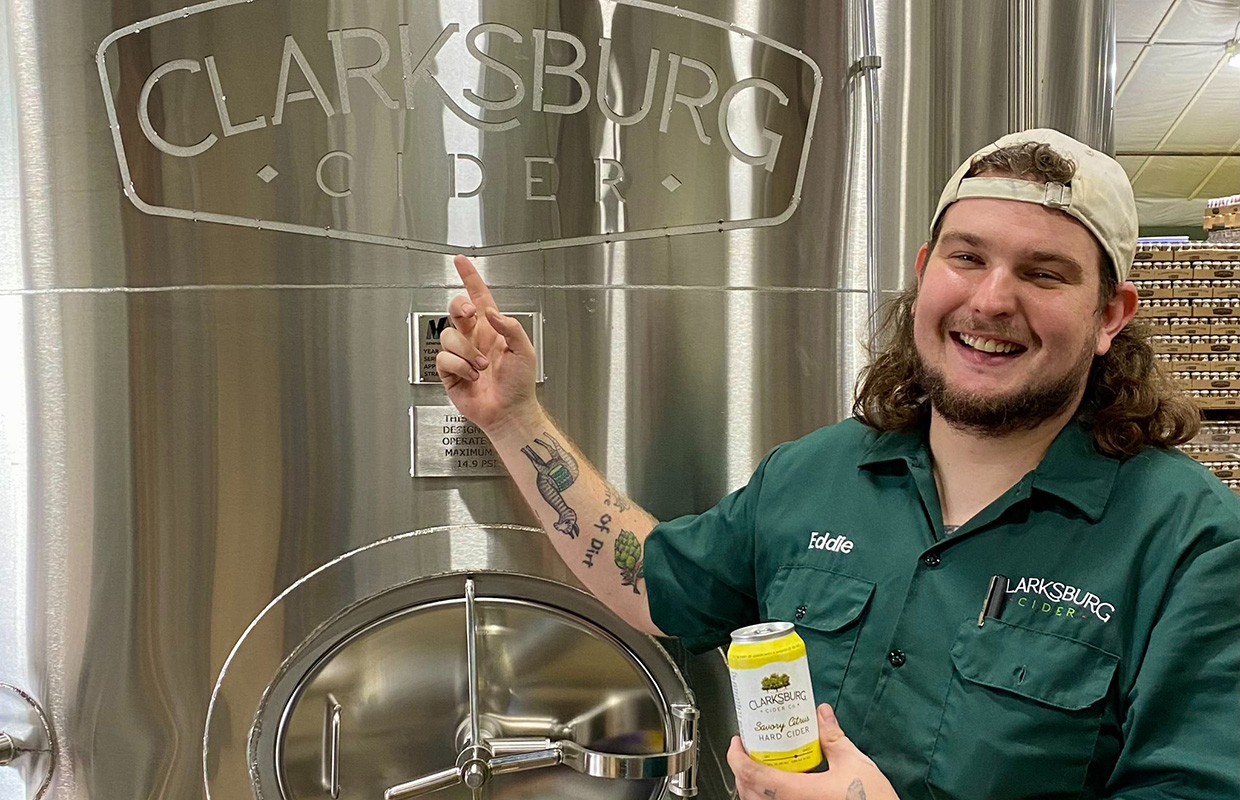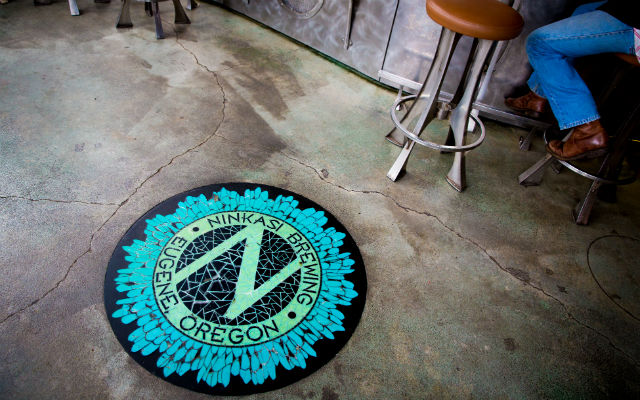
Creating a pay scale for your sales team takes time, effort, and flexibility. In hearing from various breweries around the country, there really is not one silver bullet solution. When it comes to what is expected of a sale team member, it can be very different. Some may need to also wear many hats — such as delivering beer, creating and hosting events or even doing their own collection — so a one-size-fits-all mentality isn’t going to work.
“I would start by saying that I absolutely do not have this completely figured out,” said Scotty Hunter, a co-founder of Urban Artifact. The Cincinnati-based brewery has a team of three covering 22 states along with their distribution partners. That means sales members work at visiting accounts, having samplings and events, and working with their wholesale partners.
“More recently though we have increased our call frequency to improve communication and stay on the same page,” he said. “[It has become] more and more necessary.”
READ MORE: Important Software Tools to Boost Your Sales Team’s Arsenal
For The Alementary, a commission in sales does not work. COO Blake Crawford said that having a flat salary plus bonuses does work. Along with selling to retail accounts, The Alementary’s team works on in-store promos and working on some collections.
“As long as we ‘gamify’ the bonuses a bit,” he said. “Bonus periods run one or two months, and they rotate depending on the needs of the business.”
Funk Brewing CEO Jon Norman said it’s a tough question to tackle on how to give the sales team what they deserve most.
“We are always messing with it, but we have found that base salary and percentage of sales is the easiest to track,” he said.
Hunter said they have opted for a stronger base and a commission component at Urban Artifact.
“This allows our reps to be more strategic with their selling and hopefully gives them less incentive to force product into an account where it just sits,” he said.
While sales are about data, salespeople tend to be about anecdotes, Crawford has learned.
“If I ask why person X didn’t meet their targets this week, I often hear, ‘Yeah, Billy at account Y wasn’t in and Tom over at Restaurant Z is mad at stuff.’
“All of that may be very true, but as a leader, it’s important to not get caught up in stories and manage towards the data in front of you.”
Photo courtesy Adobe Stock






Be the first to comment